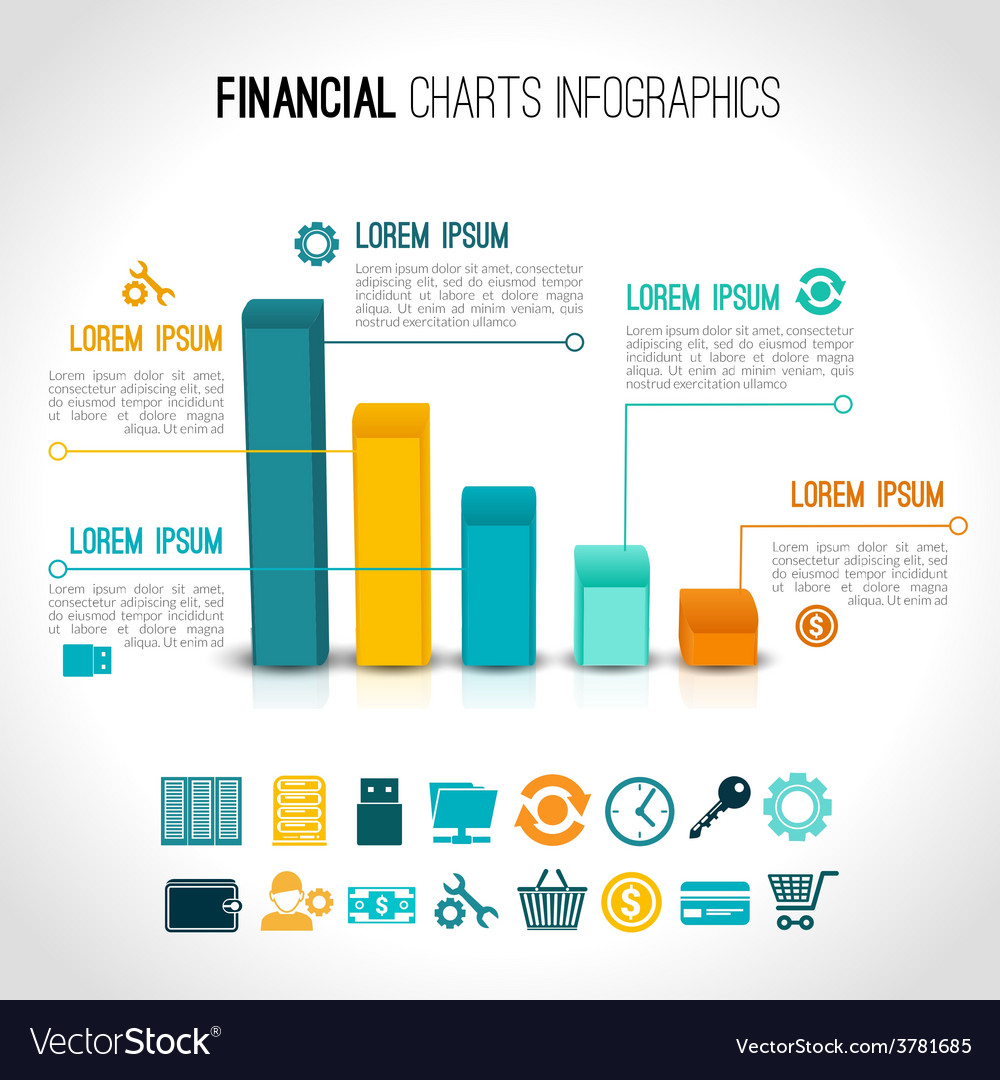Recognizing Performance Bonds: A Comprehensive Guide For Specialists And Customers
Recognizing Performance Bonds: A Comprehensive Guide For Specialists And Customers
Blog Article
Composed By- bonded work
When you're browsing the construction market, understanding performance bonds is necessary. These economic devices can considerably impact your tasks, whether you're a service provider looking for trustworthiness or a customer wanting assurance. They make sure that commitments are fulfilled and can secure your investments. Yet how do you establish which type of bond matches your needs best? Let's explore the nuances and benefits that performance bonds can offer your building endeavors.
What Are performance bonds and How Do They Function?
When you get in a contract for a building and construction task or service, you could run into a performance bond, which works as a safety net. This bond is a warranty that the service provider will complete the job according to the concurred terms.
If the service provider falls short to fulfill their obligations, the bond secures you by offering monetary payment. Essentially, a surety company backs this bond, ensuring that you won't shed cash if things go wrong.
The service provider pays a premium for this bond, revealing their dedication to quality work. Recognizing how performance bonds work provides you assurance, knowing that your investment is protected.
It's essential to review the bond terms very carefully and guarantee it straightens with your job needs.
Sorts Of performance bonds in Building
performance bonds come in numerous types, each designed to meet particular demands in building and construction tasks.
The most typical kind is the bid bond, which guarantees the owner that the professional will honor their bid and participate in a contract if chosen.
Then there's the performance bond, which assures that the specialist will certainly complete the task according to the agreement terms.
You could additionally encounter payment bonds, making certain subcontractors and distributors are spent for their work and materials.
Lastly, upkeep bonds cover repairs and upkeep after project conclusion, securing the owner from defects.
Comprehending these kinds helps you pick the best bond for your job, making sure financial security and job success.
Advantages of performance bonds for Service Providers and Clients
While protecting a performance bond might feel like an added cost, the benefits it provides both professionals and clients much outweigh the prices.
For contractors, a performance bond boosts trustworthiness, showcasing your commitment to completing tasks promptly and within budget. https://keeganlgbwq.develop-blog.com/42209120/the-duty-of-guaranty-bonds-in-the-legal-system can open doors to larger agreements, as clients commonly favor bound specialists for assurance.
For clients, performance bonds offer monetary defense. If a contractor falls short to meet their commitments, the bond makes certain that funds are available to cover any losses or complete the project with another contractor.
This safeguard fosters trust fund and motivates smoother job implementation. Inevitably, performance bonds create a win-win situation, making certain liability and assurance for everybody included.
Final thought
To conclude, recognizing performance bonds is vital for both service providers and customers in the building and construction sector. By knowing just how these financial instruments job and the different kinds available, you can make educated choices that line up with your job needs. Whether you're intending to boost your reliability as a professional or looking for economic defense as a customer, performance bonds foster trust and responsibility, inevitably paving the way for successful task implementation and security for everyone included.
